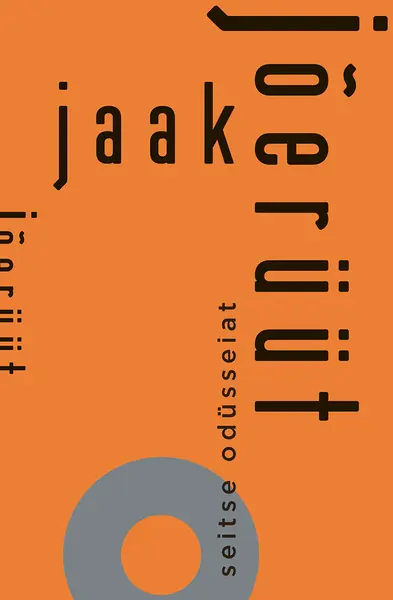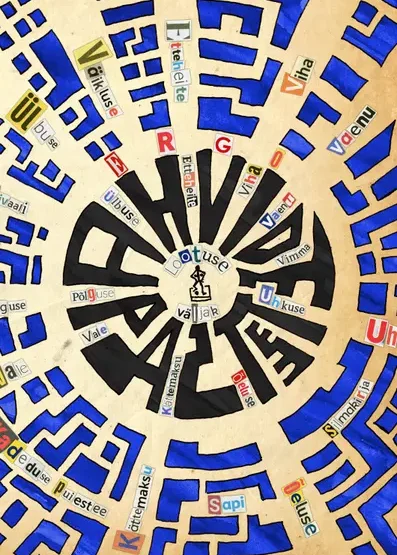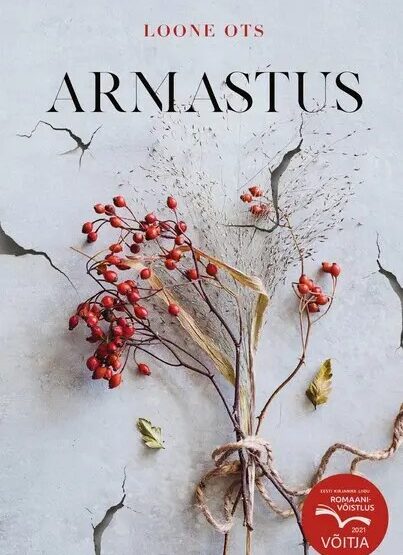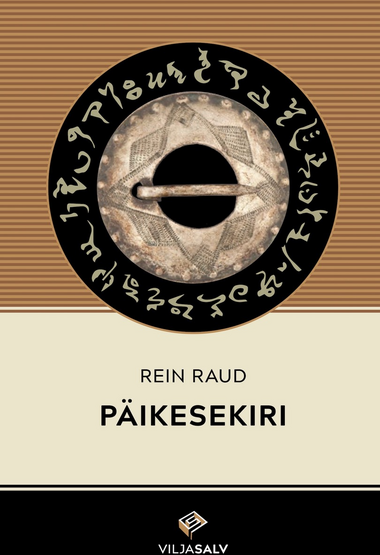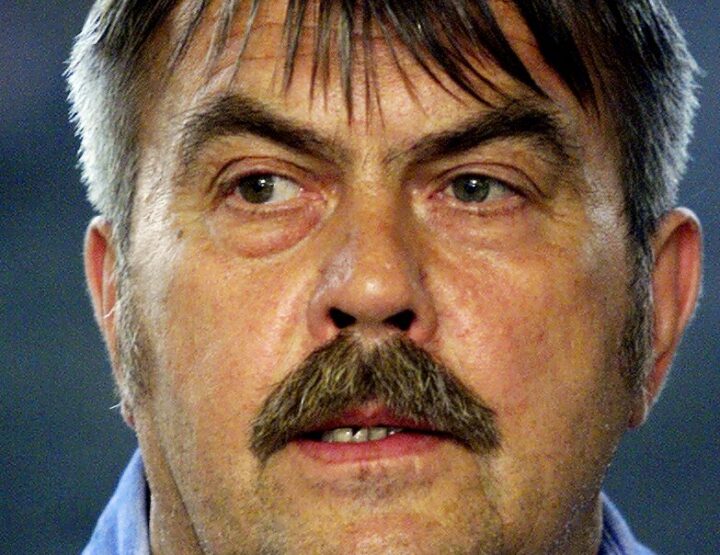The full extent of Jaak Jõerüüt’s writing is outstanding. Over just a handful of years, he has published short stories, a novel, an incredible body of essays, and now a full seven odysseys that are challenging to define: though the texts spring from the works of renowned authors, they tread between separate paths of fiction, essay, and dialogue. Thus, “odysseys” is indeed correct, as they elucidate the human connection to the world, touch on remembering, memories, and language, scrutinize truth, and elegantly probe the limits of chance and destiny in life and literature.
Though written before Russia’s war against Ukraine, the book asks questions that are posed ever more acutely in contemporary literature. “True literature is anti-war. True literature addresses the human need for love, not hatred,” wrote Mikhail Shishkin in his foreword to the Estonian translation of My Russia: War or Peace? The same idea resonates in Jõerüüt’s stories. War indeed lies at the center of the collection’s first two tales, which are partnered in dialogue with Curzio Malaparte and Peter Handke. The former’s accounts of war are suffocating in their brutality. Jõerüüt asks: why read war literature at all? Is it to find support for pacifism, or to seek molten gold from its words? To find an understanding of different types of people? This is followed by a university lecture on the perverse relationship between politics and war, which fluidly transitions into a dream encounter with Theodor Adorno. All this meets the standard of an odyssey: various authors and eras standing next to one another to create new layers and realizations.
In the foreword to a recent play about the legendary Estonian president Lennart Meri, Jõerüüt wrote: “[…] every war is a failure of humankind. Like students failing an exam, albeit one at a time. And no matter how disagreeable it may be, each and every person must look themselves in the eye and ask: have you, someone alive in wartime, also failed? If you have, then at what, and if you haven’t, then to what extent?” These questions radiate throughout the work. Jõerüüt’s parents’ generation, broken by war, stands alongside Ingmar Bergman’s life in exile and the author’s own diplomatic misadventures. The book’s final chord is a story about his great-uncle Otto Grant, who was “[a] lieutenant in the British Navy, a wealthy bachelor, a prisoner in a Soviet Gulag, but also a polished Estonian diplomat within and without.”
Jõerüüt’s stories can also be read in an entirely different way: as commentary on, and ponderings of, odysseys in reading – for instance, the works of Karen Blixen and Jörn Donner weave into the author’s life and are so gripping that the reader can only inevitably make them part of their own reality. As Jõerüüt describes Rainer Maria Rilke’s The Notebooks of Malte Laurids Brigge as, “Just a slim book, but a long journey like a waking dream”, the observation could equally apply to Seven Odysseys.
Jaak Jõerüüt
Seven Odysseys
Seitse odüsseiat
EKSA 2022, 200 pp.
ISBN 9789916677124

